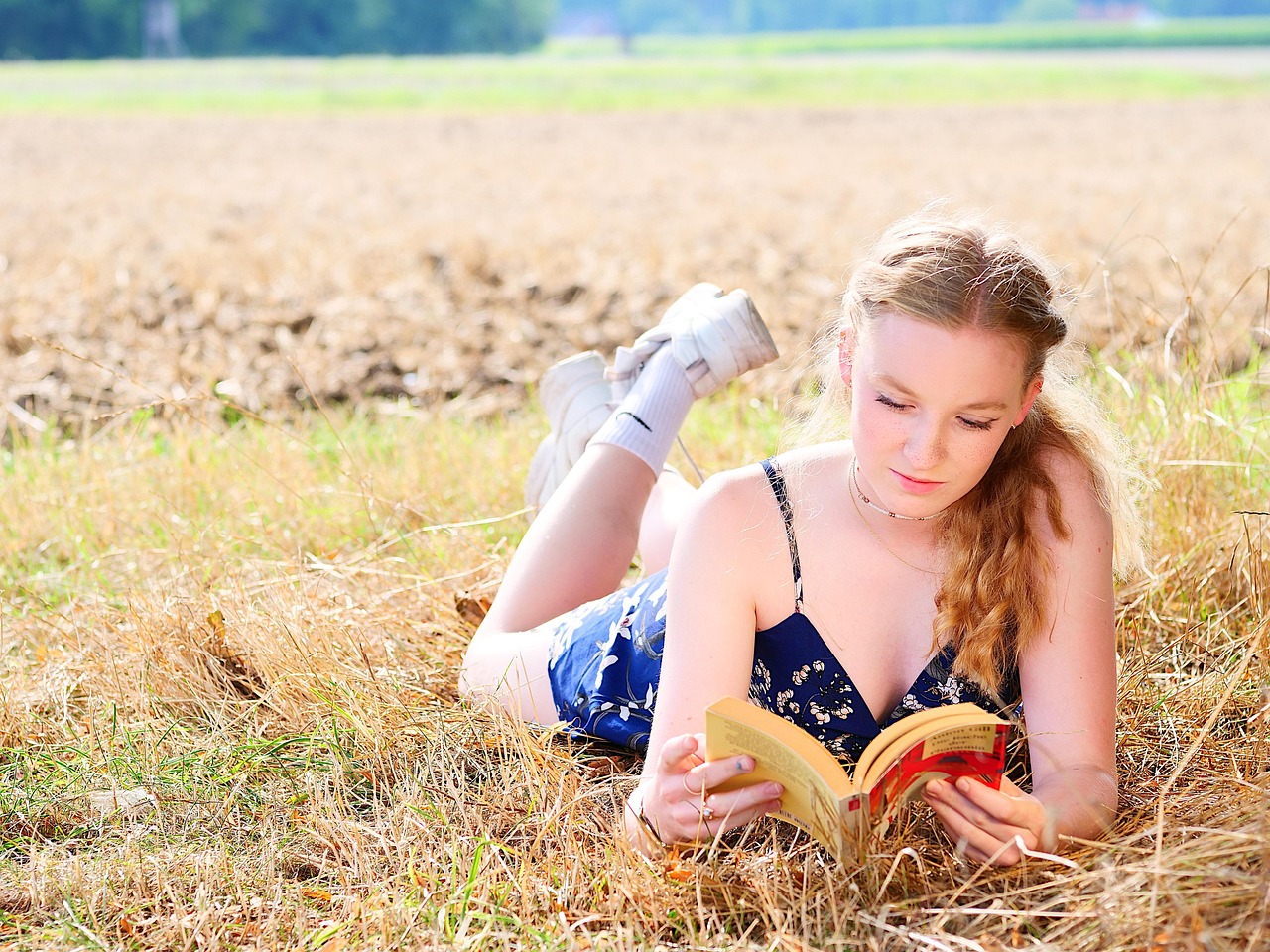The Australian Open is in full swing and it is the ideal time to read…
Makes You Think at Bendigo Writers’ Festival
This weekend I’m heading to the Bendigo Writers’ Festival to attend the Makes You Think session.
While the panelists might have been enough to attract me to the event – Charlotte Wood, Jane Rawson and Lucy Treloar – I was also interested in the promo for the event, which read:
Stephen King says that because of books, “readers learn to be fair, writers learn to think”. Does the best thinking happen in books? Is that why reading is so satisfying? Terri-ann White asks Charlotte Wood, Jane Rawson and Lucy Treloar about whether books can change how people think.
It is a great question – can books change how people think?
As Australia approaches its Federal Election, I have found myself pondering the idea of how much people can change their attitudes, whether social or political (or are they the same thing?).
There is nothing like an election for widely divergent views to be on display, and for those at the far right or left, the idea of influencing a change seems highly unlikely.
But towards the middle, I feel there is potential for the healthy debate and discussion that can change minds.
Perhaps it is the same with books. For minds that are willing to change, there is the potential for that to happen.
But while there is value in being able to change position, when it comes to reading I feel that I am sometimes too easily swayed. Just like someone who adopts the accent of someone they are talking to, when I read I thirst for recognition – I want to see from the eyes of the characters so much that I often sway wildly between different protaganists.
I recently read Colsen Whitehead’s Harlem Shuffle and was irresistably drawn to Carney, an ever-so-slightly crooked furniture salesman. Afterall, what was the problem with crime as long as most of your business was clean?
Then there was Eddie Jaku’s The Happiest Man on Earth, and I truly believed that all that matters is kindness, even in the face of extraordinary evil. Perhaps I could be as philosophical as he became after experiencing horrors … although in reality, I know that I wouldn’t have lasted a day in the camps where he suffered so horribly.
During Craig Silvey’s Honeybee, I felt Sam’s pain and shame over his desire to wear women’s clothes.
After reading Tony Birch’s The White Girl, I understood more deeply the fear and loss of the Stolen Generations. I don’t think any news story or textbook could have had quite the same effect.
All of these books draw on emotion to make the reader think about issue they might have considered already, but not in the depth that they demand.
They bring into question right and wrong, good and evil, and often provide a front row view of pain and suffering. It is hard, then, not to want to bring an end to that suffering, whether it was caused by racism, bigotry or misunderstanding.
Writer AS Byatt said, “Books that change you, even later in life, give you a kind of electrical shock as the world takes a different shape.”
I love that shock of seeing the world anew – it is part of the reason why I can’t resist adding to my bulging to-be-read shelf.
So, yes, books definitely make me think and change my mind … again and again and again.
I’m looking forward to hearing what some of Australia’s finest writers say about the issue on Saturday.




Comments (0)